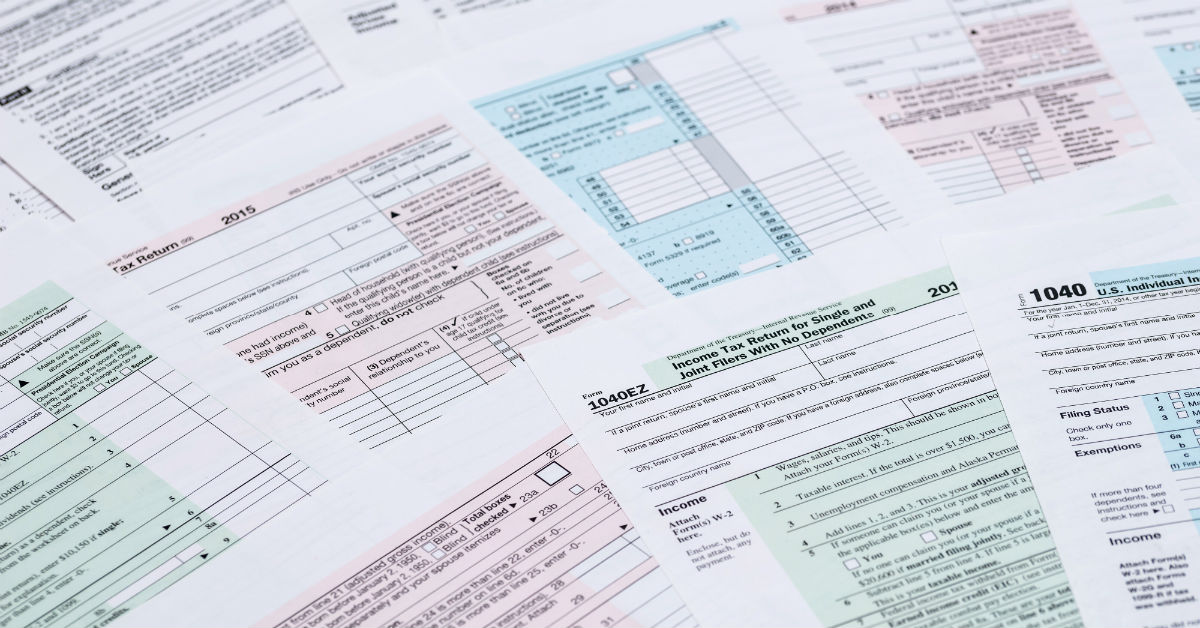
Your business structure has a direct impact on your revenue recognition strategy, as the structure may determine whether or not you make any money.
There are several factors involved when determining what your business structure will be going forward. As you read through, keep in mind your revenue recognition strategy to see which of these business structures is most compatible with your business.
The Four Business Structures
When it comes to structuring your business, there are four different ways you can go about it. Those ways are:
- Sole proprietorship – You are the only owner of this company.
- Partnership – Company is owned by several individuals. There are general partnerships, where the partners share in the obligations and debts of the company. With a limited partnership, these partners act as investors and have no control over how the company operates.
- Corporation – Most complex business structure, it also operates on the largest scale. A corporation is a legal entity in its own right, apart from the legal entities of the business owners. The shareholding owners can direct the company.
- Limited liability company – Blending corporate structure and partnerships, there is no limit on shareholders and any member of the LLC has a full partnership.
How Taxes Affect Business Structure
Each of the four different business structures have a different set of tax laws. Depending on your revenue strategy, one of these business structures will suit your business best.
- Sole proprietorship taxes – Business taxes and personal taxes are inseparable with this business structure. You will need to pay self-employment taxes using your Schedule SE with your Form 1040. Your business earnings will only be taxed once with this business model.
- Partnership taxes – The business itself does not become taxed. Instead, the losses and profits are passed to the individual partners. Each partner has to report their own taxes using the Schedule K-1 of Form 1065.
- Limited liability company taxes – When doing taxes on an LLC, the earnings and losses go straight to the owners and are applied to their personal taxes. This is much like a sole partnership, except that the earnings and losses are split between the various owners.
- Corporation taxes – Some significant tax drawbacks are attached to corporations. The corporation itself is taxed on the state and federal level, but also the shareholders are taxed on their earnings.
You may still not be sure if your business model is helping you make the most money. To help clear the confusion, you can work with trained accountants who can consult with you regarding your business. With an accountant’s insight on tax law and the various rewards and drawbacks these different structures present, you can make sure you are making the most money possible with your business structure.














